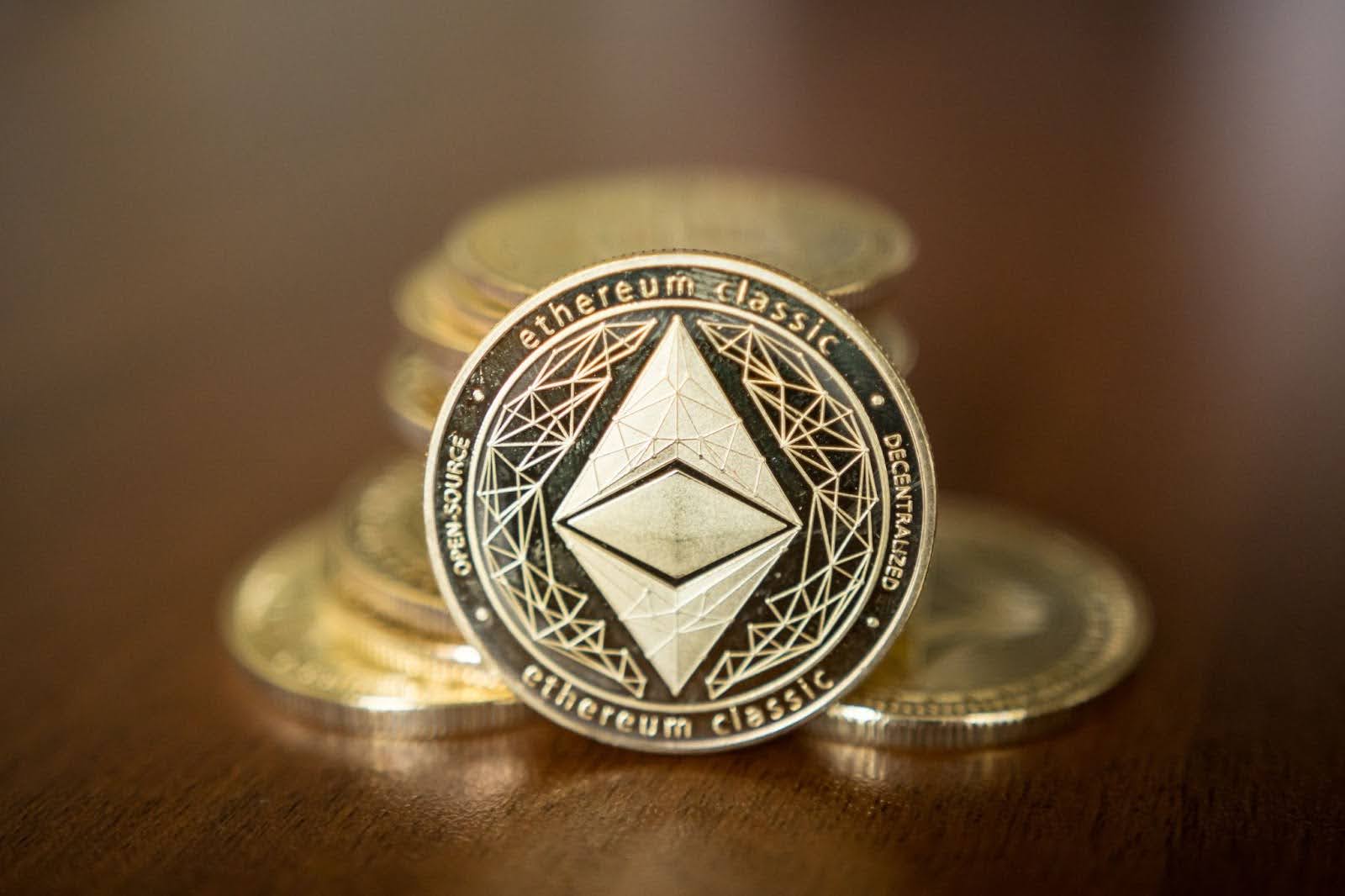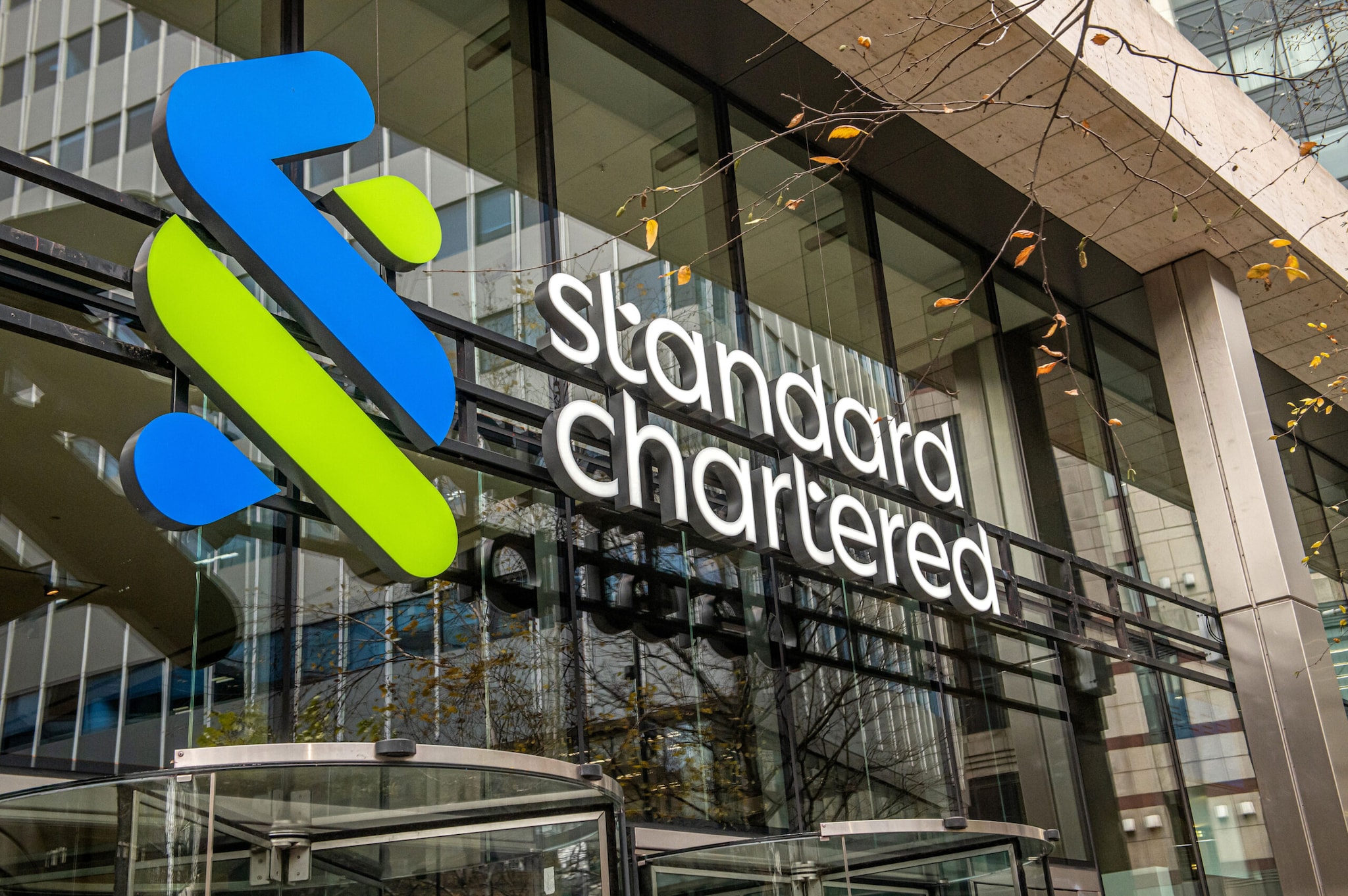Public Blockchain Firm Pivots From Bitcoin to Ethereum With $57M Acquisition Plan
16.05.2025 13:00 1 min. read Alexander Stefanov
BTCS is pivoting heavily toward Ethereum, unveiling plans to accumulate up to $57.8 million in ETH as part of a broader infrastructure and staking expansion.
The blockchain company has partnered with ATW Partners to raise the funds through convertible notes, starting with an initial $7.8 million tranche.
These notes, which convert to shares at a premium, come with a 6% interest rate and include nearly 1.9 million warrants priced at $2.75. CEO Charles Allen personally backed the move with over $290,000 in contributions.
Rather than follow the Bitcoin-heavy path of firms like MicroStrategy, BTCS is betting on Ethereum’s long-term utility. The company aims to boost staking yields and improve block production economics, citing recent Ethereum network upgrades as a key factor in the decision.
Though ETH dipped slightly to $2,545, BTCS stock jumped 5.5% on the announcement, signaling market optimism despite a broader 15% decline year-to-date.
This bold pivot places BTCS among the few public firms leading with Ethereum—not Bitcoin—as their core treasury asset.
-
1
Plasma’s ICO: A $500M Frenzy Sparks Fairness Debate
10.06.2025 22:00 2 min. read -
2
Is a New Altcoin Cycle Brewing in 2025?
13.06.2025 12:00 1 min. read -
3
Ethereum Faces Heavy Sell-Off Amid Rising Geopolitical Tensions
13.06.2025 14:00 1 min. read -
4
Bitcoin Holds Above $100K, But Analyst Sees Trouble Brewing
07.06.2025 17:00 1 min. read -
5
South Korea’s New President Pushes for Domestic Stablecoins
11.06.2025 16:00 2 min. read
First-Ever Staked Crypto ETF Set to Launch in the U.S. This Week
A new milestone in cryptocurrency investment products is set to unfold this Wednesday, as REX Shares prepares to launch the first-ever U.S.-listed staked crypto exchange-traded fund (ETF), according to a company announcement shared on X.
XRP Price Prediction: Can XRP Hit $4 After XRPL EVM Sidechain Launch?
XRP (XRP) has gone up by 1.2% in the past 24 hours but, behind that mild price increase, there has been a significant spike in trading volumes. During this period, $2.4 billion worth of XRP has exchanged hands, representing an 83% increase. Just hours ago, Ripple announced the official launch of its Ethereum-compatible sidechain called […]
Ethereum Launches Onchain Time Capsule to Mark 11th Anniversary in 2026
A community-driven initiative launched Monday is inviting Ethereum users to lock art, memories, and personal messages inside a decentralized “time capsule,” set to be opened on the network’s 11th anniversary next year.
Ethereum Accumulation Surges While U.S. Politics Stir Market Uncertainty
A new CryptoQuant report highlights a growing divergence between long-term Ethereum holders and short-term Bitcoin buyers, with significant accumulation behavior unfolding in both markets amid increasing political and economic tension in the U.S.
-
1
Plasma’s ICO: A $500M Frenzy Sparks Fairness Debate
10.06.2025 22:00 2 min. read -
2
Is a New Altcoin Cycle Brewing in 2025?
13.06.2025 12:00 1 min. read -
3
Ethereum Faces Heavy Sell-Off Amid Rising Geopolitical Tensions
13.06.2025 14:00 1 min. read -
4
Bitcoin Holds Above $100K, But Analyst Sees Trouble Brewing
07.06.2025 17:00 1 min. read -
5
South Korea’s New President Pushes for Domestic Stablecoins
11.06.2025 16:00 2 min. read


